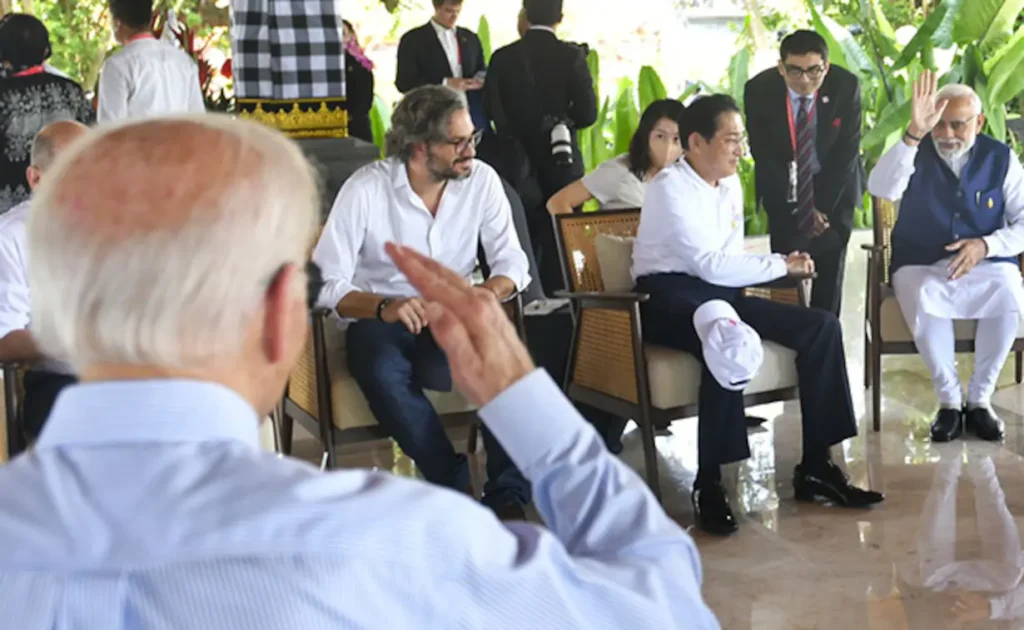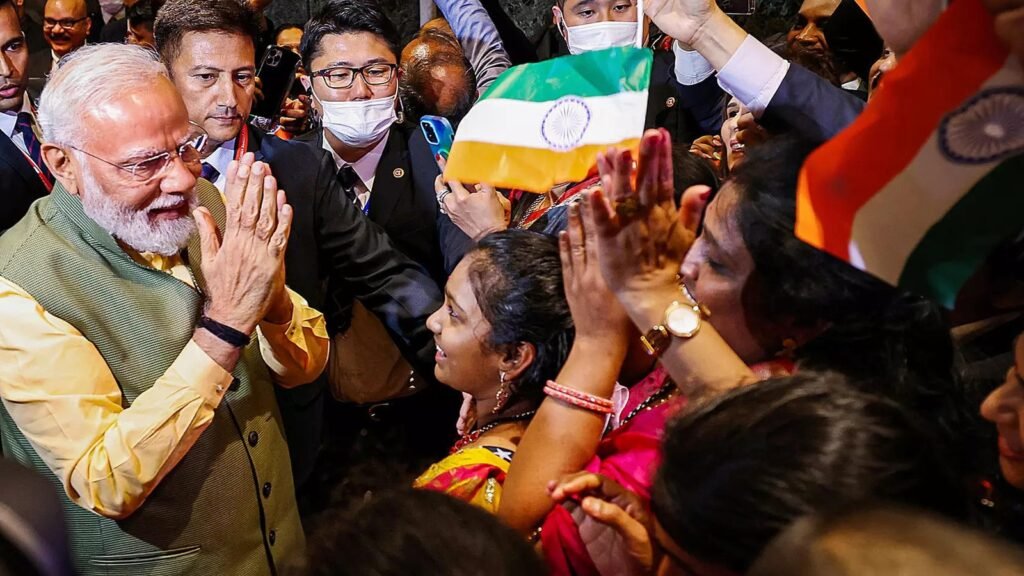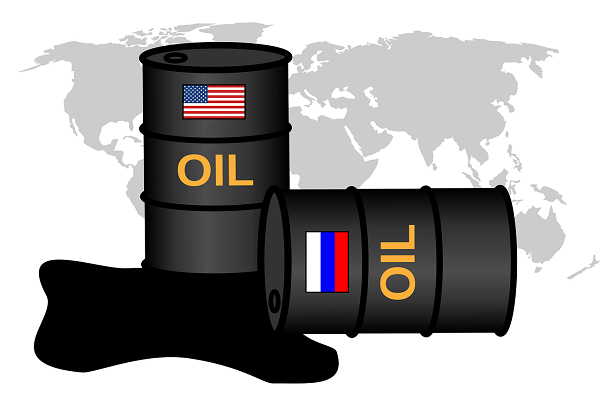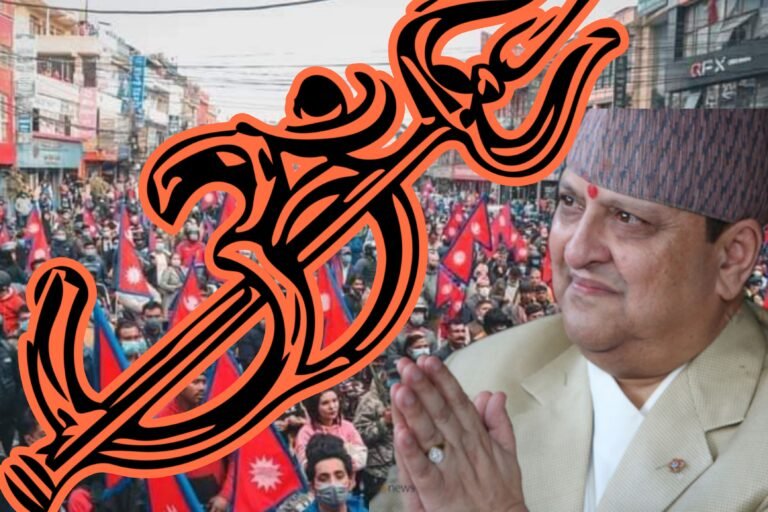The foreign policy of Bharat has witnessed a significant shift since Narendra Modi became Prime Minister in 2014. Today, if we observe India’s high stature on the global stage, much of the credit belongs to PM Modi. Even Indian citizens, who were primarily concerned about domestic issues, are now taking an active interest in foreign policy.
In this blog, I will discuss Modi’s foreign policy doctrine, its elements, and why it has become one of the most successful foreign policy doctrines in independent India’s history.
Personal Bonding with World Leaders
The most critical aspect of Modi’s foreign policy is his personal rapport with leaders worldwide. This rapport between leaders fosters trust in the relationship between their respective countries and facilitates the expedited resolution of any issues at the highest levels. Additionally, it enables mutual support for each other’s positions in various international forums, including the United Nations.
PM Modi’s relationship with President Joe Biden is widely recognized. Many have witnessed instances where President Biden sought PM Modi’s attention by tapping on his shoulder or saluting PM Modi. PM Modi was also invited for a state dinner at the White House. This mutual respect underscores the positive trajectory of India-USA relations.
Similarly, Modi shares a strong bond with Russian President Vladimir Putin. Amidst the Russia-Ukraine conflict, Western nations pressured India to refrain from purchasing Russian oil. However, India maintained its stance in the interest of its citizens. Putin commended PM Modi, asserting that Modi cannot be coerced or intimidated. A recent CNN report corroborated that PM Modi’s engagement with Putin helped avert a potential nuclear attack on Ukraine in late 2022. There are prospects for Modi’s visit to Russia later this year, possibly after the Lok Sabha elections, aimed at further bolstering bilateral ties.
It appears that Prime Minister Modi’s proactive foreign policy played a crucial role in securing the release of eight Indian Navy personnel from Qatar. The Ministry of External Affairs (MEA) issued an official statement expressing gratitude for their release and acknowledging the decision of the Amir of the State of Qatar to facilitate their return home. This event underscores the importance of diplomatic efforts in safeguarding the interests and well-being of citizens abroad.
There are several instances highlighting the respect and admiration shown towards Indian Prime Minister Narendra Modi on the international stage. For instance, during Modi’s visit to Australia, the Australian Prime Minister referred to him as “Boss,” demonstrating a colloquial yet respectful tone. Similarly, during Modi’s visit to Papua New Guinea, the Prime Minister of the island nation was reported to have touched Modi’s feet as a gesture of reverence. These instances underscore Modi’s stature and influence on the global political scene, where leaders from various countries acknowledge his leadership and show deference in their interactions with him.

Team of Experts
Prime Minister Modi’s astute decision to appoint S Jaishankar, a seasoned diplomat, as the head of the Ministry of External Affairs stands out as one of his best moves. Given the intricate nature of international relations, this ministry demands expertise, making Jaishankar an obvious choice. Over the past five years, Minister Jaishankar has exhibited exceptional proficiency in his role.
His adept handling of India’s stance on the Russia-Ukraine conflict has earned him widespread acclaim within the country. Particularly noteworthy was his widely circulated observation regarding Europe’s perspective on global issues: “Europe has to grow out of the mindset that Europe’s problems are the world’s problems, but the world’s problems are not Europe’s problems.” This succinctly captures the self-interested approach often seen in the policies of Western nations.
Then there is another former diplomat, Hardeep Singh Puri, the Minister of Petroleum and Natural Gas, who played a very important role in securing the energy security of the country during the peak of the Russia-Ukraine war.
PM Modi also has Piyush Goyal, a Chartered Accountant, serving as the Minister of Commerce and Industry in his cabinet. India has inked trade agreements with Sri Lanka, Bhutan, Thailand, Singapore, Malaysia, Korea, Japan, Australia, UAE, Mauritius, and the ASEAN bloc. Additionally, India is presently involved in negotiations for trade deals with several partners, including the UK, Oman, the European Union (EU), Peru, and Israel. In March 2024, India signed a $100 billion free trade deal with the European EFTA bloc.

Role of Indian Diaspora
Under Prime Minister Narendra Modi’s leadership, the Indian diaspora has emerged as a pivotal component of India’s foreign policy framework. Recognizing the immense potential of its global citizens, the Modi government has actively sought to harness the economic, cultural, and political influence wielded by Indians living abroad. Through initiatives like the Pravasi Bharatiya Divas and various diaspora outreach programs, PM Modi has endeavoured to strengthen ties with overseas Indians, encouraging their active participation in India’s development journey and leveraging their networks to bolster India’s standing on the world stage.
Moreover, the Indian diaspora serves as a dynamic bridge between India and its host countries, fostering cultural exchange, promoting economic cooperation, and facilitating knowledge transfer. PM Modi’s administration has capitalized on this by organizing large-scale diaspora events during his foreign visits, which not only serve to galvanize support but also underscore the deep-rooted cultural connections shared between India and its global diaspora. By engaging with the Indian diaspora as strategic partners in diplomacy and development, PM Modi has reinforced India’s soft power and expanded its global outreach, positioning the diaspora as a critical element in advancing India’s foreign policy objectives in the 21st century.
Non-Alignment to All-Alignment
After gaining independence, India faced the challenging task of formulating a foreign policy in a world divided between two power blocs led by the USA and the Soviet Union. Opting for a non-aligned stance, India, along with other newly independent countries, chose not to align with either bloc and pursued an independent foreign policy.
India cultivated friendly relations with the Soviet Union, particularly as Pakistan received backing from the USA against India. This relationship proved beneficial for India during the 1971 Indo-Pak war, with the USSR providing military assistance and collaboration in the space sector. However, following the dissolution of the Soviet Union in 1991, India began gradually diversifying its engagement with other countries.
Since 2014, India’s foreign policy under Prime Minister Narendra Modi has not only focused on bolstering ties with Western powers and the Asia-Pacific region but has also placed a significant emphasis on strengthening relations with Arab countries. Recognizing the strategic importance of the Middle East, India has pursued closer economic, diplomatic, and security cooperation with nations in the Arab world. The Modi government has actively engaged with countries such as Saudi Arabia, the United Arab Emirates (UAE), Qatar, and Oman, among others, to deepen bilateral ties across various sectors.
India’s relations with Arab countries have been characterized by a multifaceted approach, encompassing energy cooperation, trade and investment, cultural exchanges, and counterterrorism efforts. Economic collaboration has been a key focus, with India seeking to diversify its energy sources through partnerships in the oil and gas sector and exploring opportunities for investment and infrastructure development. Additionally, cultural ties and people-to-people exchanges have played a crucial role in fostering mutual understanding and strengthening bilateral relations.
Furthermore, India has collaborated with Arab nations on regional security issues, including counterterrorism and maritime security, reflecting a shared commitment to maintaining stability and combating common threats. This growing strategic engagement with Arab countries underscores India’s recognition of the Middle East’s significance in its foreign policy calculus and its commitment to fostering mutually beneficial partnerships in the region.
Russia and Western countries, even as tensions between these two groups have occasionally arisen. India’s historical ties with Russia, particularly in defence and strategic cooperation, remain robust. The Modi government has continued to prioritize this relationship, emphasizing mutual interests and historical bonds. Despite occasional strains in relations between Russia and Western countries, India has maintained a balanced approach, engaging constructively with both sides.
Simultaneously, India has deepened its ties with Western countries, particularly the United States and European nations, across various sectors, including trade, defence, technology, and counterterrorism. The Modi government has sought to leverage these partnerships to advance India’s economic growth and technological development while also enhancing its strategic capabilities.
Foreign Policy is no more foreign in Modi’s era
Under Prime Minister Narendra Modi’s leadership, there has been a notable surge in public interest and engagement with India’s foreign policy. This shift can be attributed to Modi’s dynamic and proactive approach to diplomacy, which emphasizes personal engagement with world leaders and assertive representation of India’s interests on the global stage. Modi’s frequent international visits and high-profile summits have captured the attention of the Indian public, sparking curiosity and discussion about India’s role in global affairs.
Media coverage also plays a significant role in amplifying public interest in foreign policy matters. With the proliferation of digital media platforms, Indians have greater access to information about diplomatic initiatives, bilateral relations, and international events involving India. The media’s extensive coverage of Modi’s diplomatic engagements, along with analysis and commentary on foreign policy issues, serves to inform and educate the public, fostering a sense of involvement and ownership in India’s diplomatic endeavours.
The G20 summit held in India in 2023 exemplifies significant public engagement in global affairs. With over 200 meetings convened across 60 cities in all 28 States and 8 Union Territories, including Jammu and Kashmir, spanning 40 different mechanisms such as Sherpa and Finance Track Working Groups, as well as Engagement Groups, India’s G20 Presidency marked an unprecedented level of involvement. Notably, discussions on the G20 summit were not confined to formal settings alone, street talks and grassroots dialogues further amplified public awareness and participation in shaping the global agenda.



